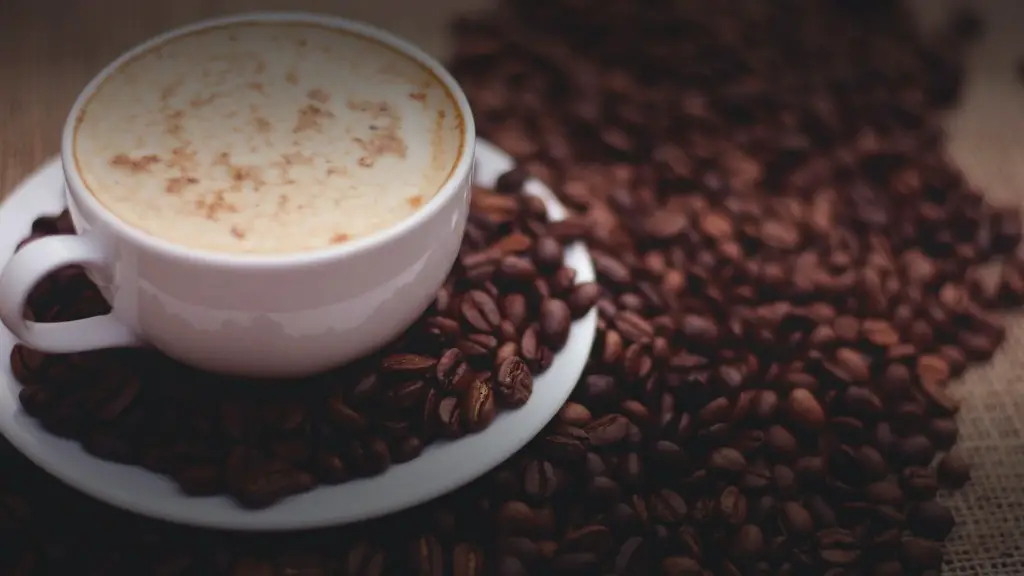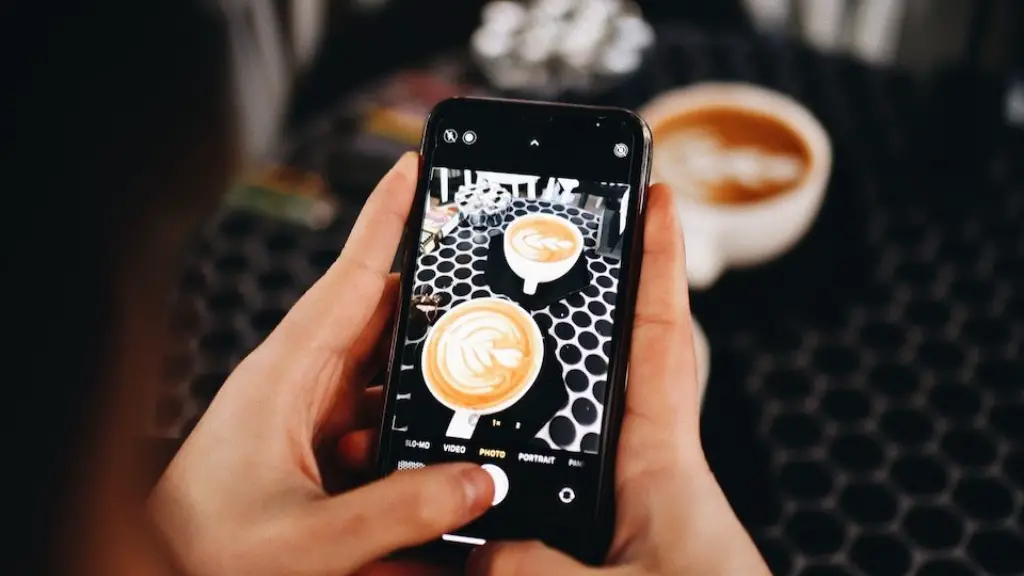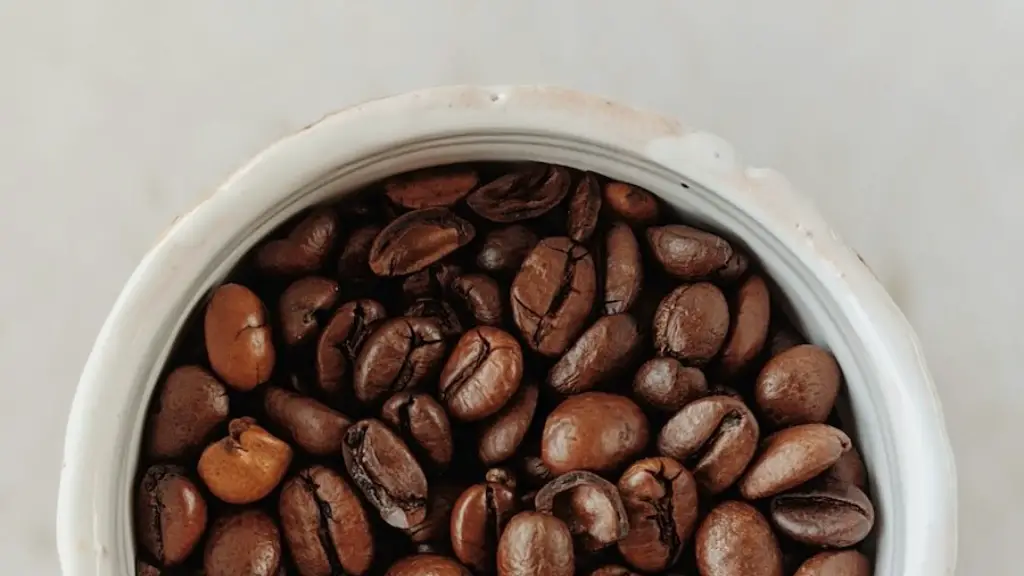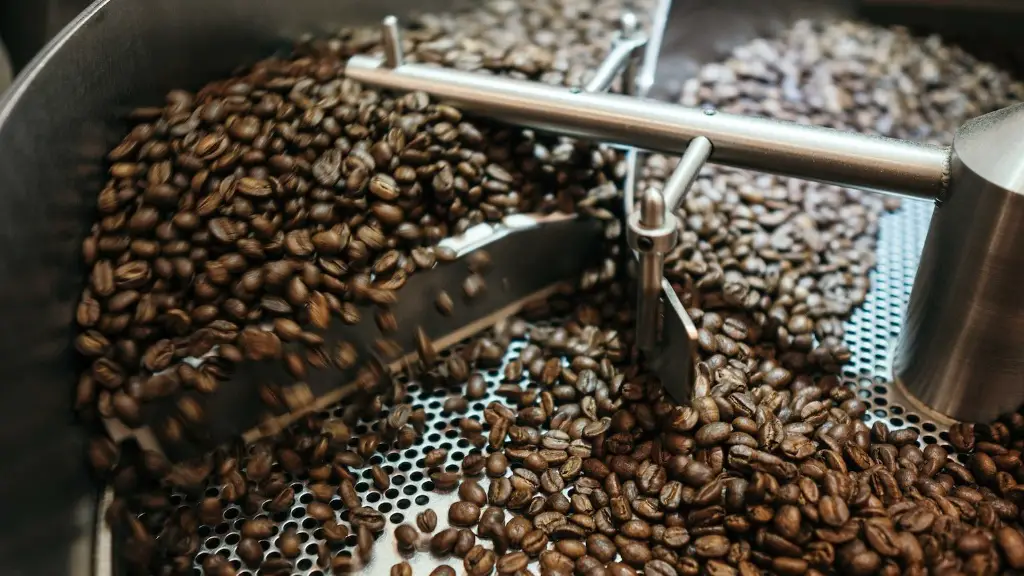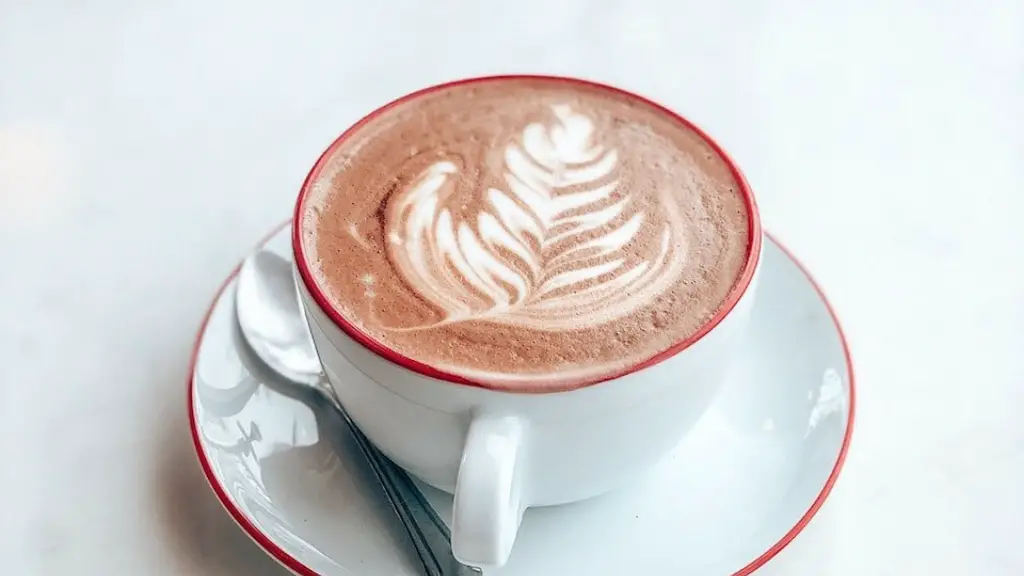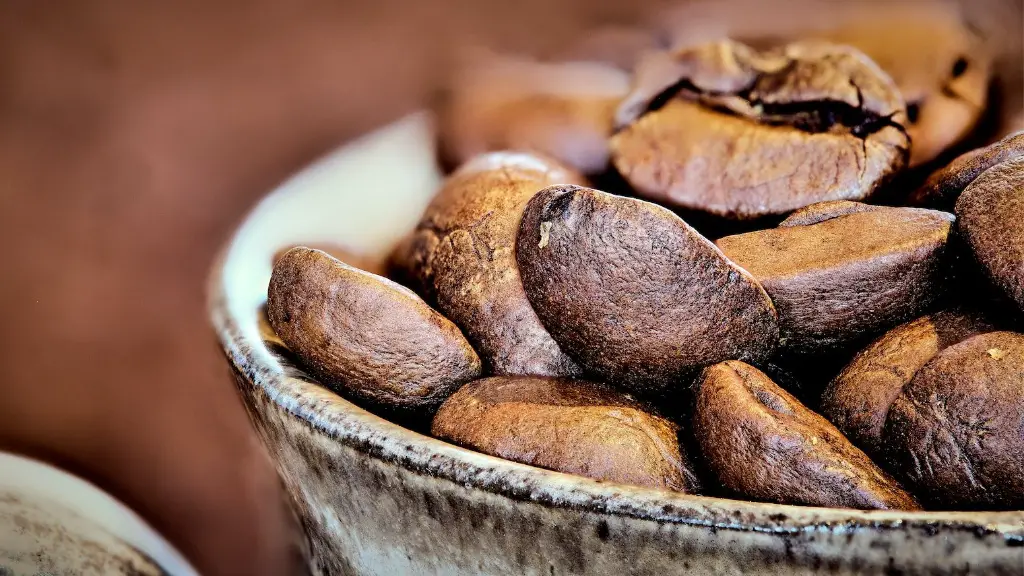Concussions are a common injury with many people being affected by them, particularly athletes. Even mild concussions can result in a range of cognitive and psychological symptoms that can last for days, weeks or even months. Rest is one of the best therapies to help the brain heal, which includes avoiding any physical activity and avoiding anything that can increase the risk of having another head injury.
One thing that often comes up is whether or not you should drink coffee if you have a concussion. There’s a lot of debate about this. There is limited research on the matter and caffeine itself has mixed effects on the brain. So, is it safe for someone with a concussion to drink coffee? Let’s take a look.
What is a Concussion?
A concussion is a type of brain injury that may appear after experiencing a physical blow to the head or body. It results from a momentary dysfunction of the brain caused by a sudden movement or a jolt. Its symptoms vary and can be both physical and psychological, including headaches, fatigue and dizziness.
Please note that a concussion can also occur without having a visible head trauma, where the force of the blow is distributed to the neck muscles, instead of the head. In any case, most people can make a full recovery from a concussion in time if they have the right care.
The Role of Caffeine in Concussions
Caffeine is a natural stimulant that can be found in coffee, tea and chocolates, among other drinks and foods. It’s known for its ability to boost mental and physical performance. In small doses, caffeine can produce a number of positive effects such as alertness and clarity of mind, but in larger doses, it can cause anxiety and insomnia.
There are two main concerns when it comes to drinking coffee when you have a concussion. The first is its potential to disrupt sleep, which is vital for recovery from any brain injury. The second is its ability to worsen concussion symptoms, such as headaches. If you have a mild concussion, the general advice is to avoid drinking coffee, as it can interfere with the healing process.
However, some research suggests that consuming caffeine after a concussion may help speed up recovery. A recent study found that consuming caffeine after a mild traumatic brain injury improved post-concussion symptoms. Although more research needs to be done, it could suggest that drinking coffee can be beneficial for some patients.
Is it Safe to Drink Coffee if You Have a Concussion?
The safety of drinking coffee when you have a concussion will depend on the individual and the severity of the injury. It is always best to follow your doctor’s advice and avoid drinking coffee if you are experiencing any symptoms of a concussion.
For people with mild concussions, the safest option is to wait until the symptoms have cleared up. Even small amounts of caffeine can interfere with any medications your doctor has prescribed and can worsen your symptoms.
It is also important to be aware that caffeine can increase the risk of developing another concussion. So, if you are aware of any brain injuries in your immediate family, it would be wise to stay away from caffeine. If you have a family history of brain injuries, it is recommended that you avoid caffeine for a period of time after a concussion to avoid further injury.
Are There Any Alternatives?
Yes. There are many ways to get a caffeine boost without resorting to coffee. For example, there are many herbal teas available that contain caffeine, such as green and black tea. You can also find caffeine pills, or energy drinks and bars.
If you are looking for something to replace your morning coffee, why not try making a smoothie or drinking hot water with lemon? Both can be a great source of energy, with lemon boosting your mood and helping to clear your mind.
It is also important to stay well-hydrated, especially if you are dealing with a concussion. Even if you don’t like drinking water, you can still get your fluids by snacking on watermelons, cucumbers and other high water content fruits. This can help to keep your electrolytes balanced and provide you with essential nutrients to aid in recovery.
Conclusions
The short answer to the question is that, it depends. People recovering from mild concussions should avoid drinking coffee, as it can interfere with the healing process. Some research suggests that consuming caffeine in moderation, after a mild traumatic brain injury, can help improve post-concussion symptoms. If you want to get a caffeine boost without drinking coffee, there are many alternatives such as herbal teas, energy drinks or shakes. Ultimately, it is important to follow the advice of your doctor and to avoid drinking coffee if you have a concussion.
What People Should Do After a Concussion
Immediate medical attention is recommended after a concussion, especially if the individual is exhibiting any of the hallmarks of a more serious injury. After being diagnosed, the individual should follow their doctor’s advice to ensure a complete and safe recovery. This includes getting plenty of rest, avoiding physical activity and taking any prescribed medications. In addition, it is advisable to avoid alcohol, caffeine and any other stimulants while recovering from a concussion.
In the long term, people recovering from a concussion should be clear on the implications and risks associated with their injury. This includes being aware of the dangers of drinking coffee, or consuming any stimulants, if they have concussion.
Experts in the Field
Experts in this field suggest that people should be very careful in their approach to drinking coffee after a concussion, and should talk to their doctor before making any decisions. Some physicians may suggest that people with mild concussions may benefit from moderate caffeine consumption during their recovery. In any case, it is important for the individual to follow their doctor’s advice and to be aware of the possible dangers of drinking coffee after a concussion.
Tips for People with Concussion
If you have a concussion, it is important to get plenty of rest and follow the advice of your doctor. This includes avoiding any type of physical activity, drinking alcohol and taking any medication prescribed. In order to speed up your recovery, it is important to stay well-hydrated, which means avoiding caffeine, energy drinks and high-sugar beverages, and snacking on fruits with high water content.
How to Spot the Signs of a Concussion
It is important to be aware of the signs and symptoms of a concussion as it can be difficult to spot. Symptoms of concussion can include headaches, confusion, dizziness, nausea, confusion and difficulty concentrating. If you think you or someone else has a concussion, it is best to seek medical attention. Make sure it is a medical professional who can assess and treat the injury properly.
When to See a Doctor
It is important to see a doctor immediately if you experience a blow to the head and experience any symptoms, no matter how mild they may be. It is also important to get medical help if you experience any worsening symptoms such as persistent headaches, confusion, or vomiting.
A doctor can assess the injury, provide treatment and advice on the best way to recover from a concussion. Even a mild concussion can lead to long-term consequences, so it is important to seek medical help immediately.
